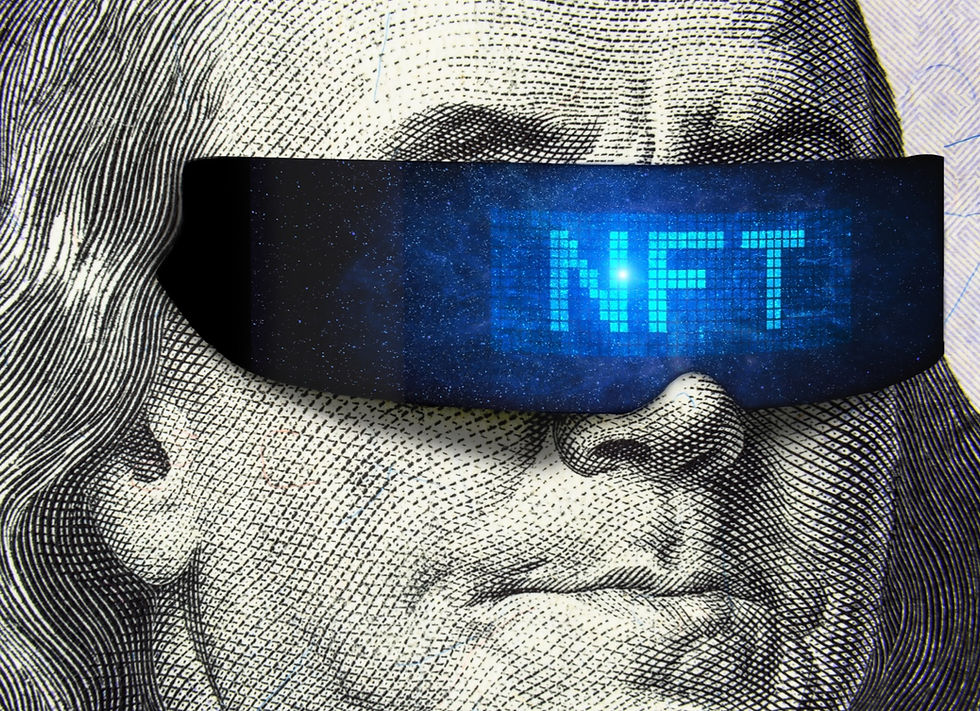A Descent into Dissent: Experiences of Protest
- Unveilral

- Jan 1, 2022
- 3 min read
By Unveilral
@unveilral

'At The Gates of DSEi (2021)', photography by Unveilral.
Last year, as the pandemic raged across the globe, I quit my teaching job and fulfilled that primordial desire to run away to the woods. Except, this wasn't just any old woods. This was an ancient woodland about to be crushed by HS2, a planned railway line to run through the middle of the UK from London heading north. I had joined a frontline protest camp and would now be raging against the system instead of working for it.
The first piece of advice I was given when joining the camp was to create a code name. This was to keep my identity safe in what would be a public arena.
I was soon to learn that it was not just those in uniform that wanted my personal details, spy cops and corporate infiltrators also wanted to use my information to monitor protest movements. I learnt all this as the UK undercover policing scandal unfolded, where I developed an acute interest in the functionality of surveillance networks. I discovered that the UK was one of the most intrusive states in the world when it came to surveilling its citizens and collecting their data, and that this is justified in the name of preventing terrorism.
The parameters of who is a terrorist or a threat are growing ever bigger, particularly with the introduction of the Police, Crime, Sentencing and Courts Bill (PCSC) which seeks to imprison anyone guilty of dissidence. Terrorism is an inflammatory word of which its racial connotations cannot be ignored. The institutionally racist, classist and misogynistic nature of the police and state means that many people do not join protests because it poses an even bigger risk for them. Fear is the greatest tool in a State’s arsenal to keep people behaving the way they want to and continue to uphold colonial power structures.
Blurring the lines, as our government are trying to do, between who is an activist and who is a terrorist is incredibly dangerous for our freedom.

'Pink Hat Arrest (2021)', photography by Unveilral.
Intimidation can come in the form of multiple 'stop and searches' per day and aggressive, unnecessary cuffing, something marginalised groups are all too familiar with. Throughout the violence by police, however, I want this body of work to show our strength in the face of it. I refuse to be cowed and I want my images to show the joy and bravery of resistance. I want it to be known that we will not go quietly into a world where the global majority and their land continue to suffer for the growth of CEO's bank accounts, or where lawful protest is destined to earn you 10 years in prison and a lifetime of being watched and penalised.
There have been recent amendments to the PCSC Bill to stop people from becoming ‘full-time activists’, breaking up the communities we have created by being able to ban people with previous protest-related offences from attending other protests. Currently, the police do have some power over this by announcing ‘persons of interest’ at the start of large-scale protests, but this will mean that you can be arrested and imprisoned just for turning up and seeing your friends.

'Lock-on at DSEi (2021)', photography by Unveilral.
One of the protests I joined this year was "Stop The Arms Fair". I was interested in the new surveillance technology being sold at Defence and Security Equipment International (DSEI), London. It has recently come to light that much of the surveillance technology used today is developed in Israel, for example, Cellbrite. This is the technology UK police forces use to analyse phones. Often settler states are used as a testing ground for military technologies that will eventually be used on UK citizens. It is likely the UK and its police force would want to use military technology being sold inside the Excel Centre on the people outside the gates contesting the arms exhibition. This is termed the ‘colonial boomerang’. Previously, The Supreme Court ruled that protesters at DSEI have a lawful excuse for their actions under this right. This is because The European Convention of Human Rights states that in the UK we have a right to free speech and assembly. However, one of the reasons the UK government wanted Brexit was to leave the European Convention on Human Rights (ECHR) to instead create a British Bill of Rights. I am sure you can imagine why.
This barely begins to scratch the surface of the complex intricacies of a repressive state, and of whose monopoly on violence means that not just its own citizens suffer, but people and environments worldwide. I hope my words and images can not only shed light on the current reasons why people are protesting, but also give hope that there will always be room to defend our rights.




Comments